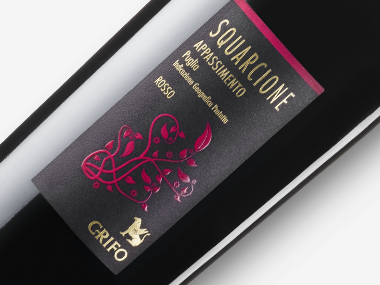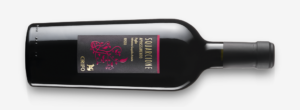The drying of the grape, which reduces or eliminates the water they contain, is a very ancient practice that predates Greek civilization. It was made in different ways, simply to keep longer both the fruit and the wine obtained, the latter of a typically sweet taste.
In principle, drying can be done naturally (with the so-called late harvest of overripe grapes) or after harvest, in which case the bunches can be left to dry directly on the plant, from which they were cut, or elsewhere, for example in a closed environment with particular temperature and humidity conditions. Now as then, this process of dehydration of the grapes is used before vinification to obtain musts of higher alcohol content and with a higher concentration of sugars, color, flavors and aromas.
Dry, sweet and fortified straw wines
For an ideal withering are preferred vines that by nature or breeding technique have clusters not too compact and perfectly healthy berries. To obtain wines of great character it is necessary to be profound connoisseurs of the organoleptic qualities, that will be exalted and to pay attention to the care of the vines. This is why wine cellars normally choose to produce sweet wines using native vines of their territory.
And it is not an exclusive matter of sweetness, because the so-called “passiti” are not only sweet or lovable but also dry. Although they are probably more famous and often confused with the first ones, liqueur passito wines are something else which are obtained by adding alcohol or fermented must, and they fall into the category of the so called special wines.
From Nero di Troia to a great passito
When we talk about native Apulian vines we cannot help but mention Nero di Troia, the oldest of and symbol par excellence of Cantina di Ruvo di Puglia. It is from the drying of its grapes that comes an elegant wine, with a deep red color, which presents to the nose intense aromas of ripe fruit: Squarcione Appassimento Rosso Puglia IGP.
After the harvest the grapes are left to dry directly on the plant, usually until November. They are then taken to the winery, for the selection and destemming or the pressing of the grapes and the separation of the must from the stems. The maceration is then carried out at a temperature of 12 C before fermentation, the latter takes place in stainless steel for 10/15 days at 23 ºC. The must is very dense, with an intense and deep perfume, and the aromatic substances, as well as the color, come to have very high concentrations.
After a soft pressing, malolactic fermentation takes place, always in steel. The wine is aged for 12 months in wood, part in French and American barriques of second passage and part in large barrels of 80hl, and then rested another 6 months in glass before marketing.
Dry sweet wine of absolute value, our Squarcione Appassimento Rosso Puglia IGP contains the passion for the tradition of our master winemakers. It is round and persuasive to the taste while the vitality of the freshness that follows the taste tells the terroir of belonging.

